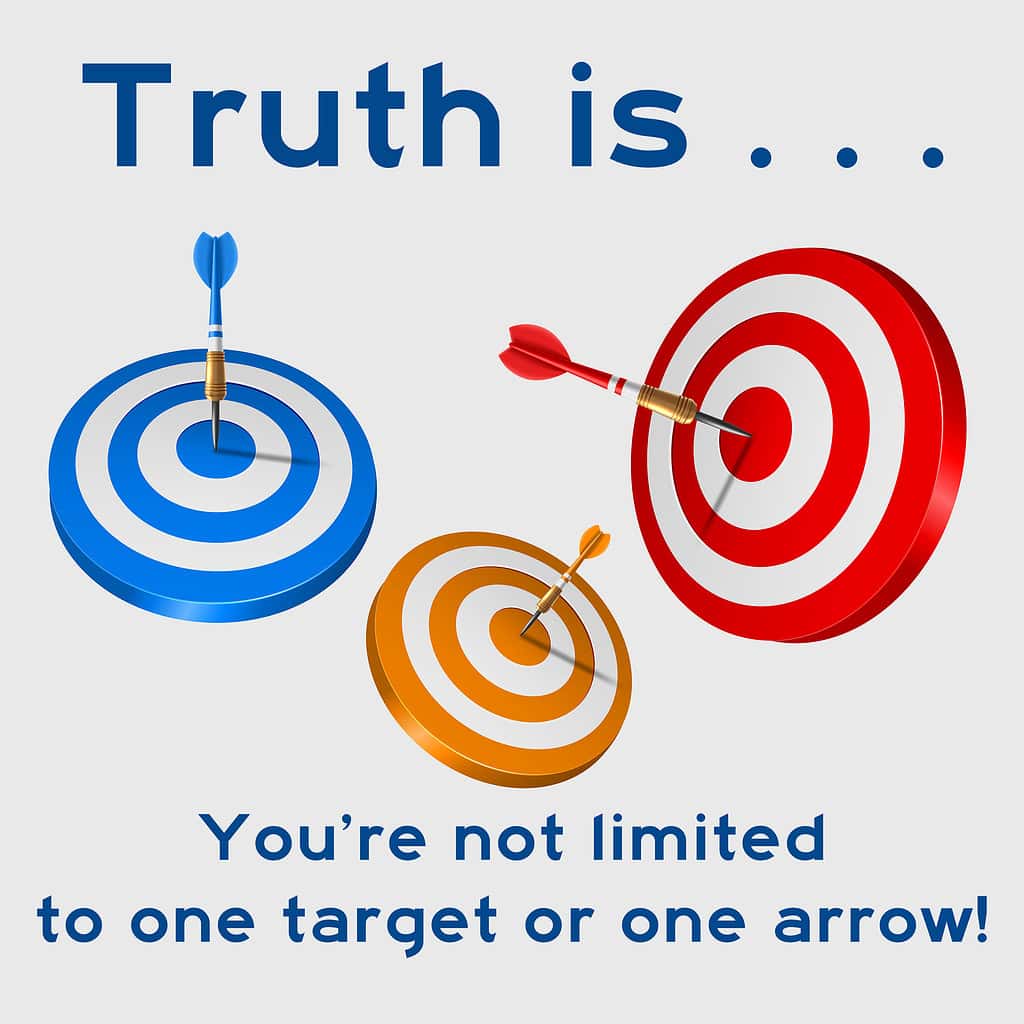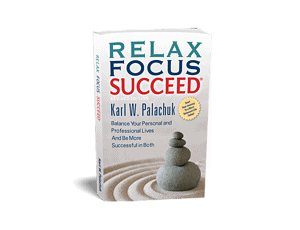You may have heard of the “Big Mac” index. It’s a tool to help understand standards of living in other countries. Since most people don’t know or care about Gross Domestic Product or monetary exchange rates.
The Big Mac index (BMI) is very simple: How long do you have to work to earn enough money to buy a Big Mac?
In the U.S., a person earning minimum wage would have to work about twenty minutes to buy a Big Mac. In many countries, the poorest people have to work days – or a week – to buy one.
You should do something similar in your personal & professional life, not with Big Macs, but with some other measure.
For example, you can easily convert to hours worked. So when you think about items on your wish list, how many hours does each take? Will a health club membership cost one hour of labor a month or two? Is it worth it to join the club that costs three hours of labor?
Hours are not always a good measure. Many of us work the old 40 hour week – or we’re on salary. You may also have all that base pay “spoken for” in your budget.
Consider what unit of measure works for you. Perhaps overtime hours, units sold, contracts signed, ______ agreed to…
The key is to find something – some measurable thing – that translates behavior you control into items on your wish list.
If you define your index properly, you’ll really be doing an automatic calculation between what you want and what you need to do to get there.
<b>The Value of Your Time</b>
It’s a sad thing, but most of us don’t put any real value on our own time. When we look at a simple job, we might say “I can do that myself.” So, rather than paying someone else to do it, we do it ourselves. In many cases, we don’t do the job as well as the professional AND it takes much longer.
In the meantime, we’ve wasted our personal time. We could be doing something we do well, something we do efficiently, and something that’s more useful and meaningful to us.
A perfect example of this is changing the oil in your car. My father, my uncles, my brothers, and I all grew up working on cars. I owned four cars before I had a drivers license. Once got fined for rebuilding an engine in my dorm room.
But I don’t change my own oil.
For me to change my oil, I have to go get the oil, have the tools, have work clothes, set aside the time, etc. It takes at least an hour on modern cars. And then I have to clean up. In total, it’s probably a two or three hour process.
Or I can pay someone $29.95.
And with that I’ll get all the fluids topped off, a safety inspection, and more.
So, unless I really like just tinkering with cars as a hobby, it makes no sense for me to change my own oil.
As you can see, the calculation of your BMI is easy with money. But it’s not as clear with non-monetary activities.
For example, how many minutes in the hot tub equals one oil change? Or time in the garden, or time with my wife? There’s no one index that works for everyone. And you may have more than one for your own life.
But the process of <b>thinking about</b> these trade-offs will help you be a little more balanced. And at the end of the day, that’s what we to work on: How balanced is your life and how much time do you commit to balance every day?
Does this activity contribute to balance or take away from it?







